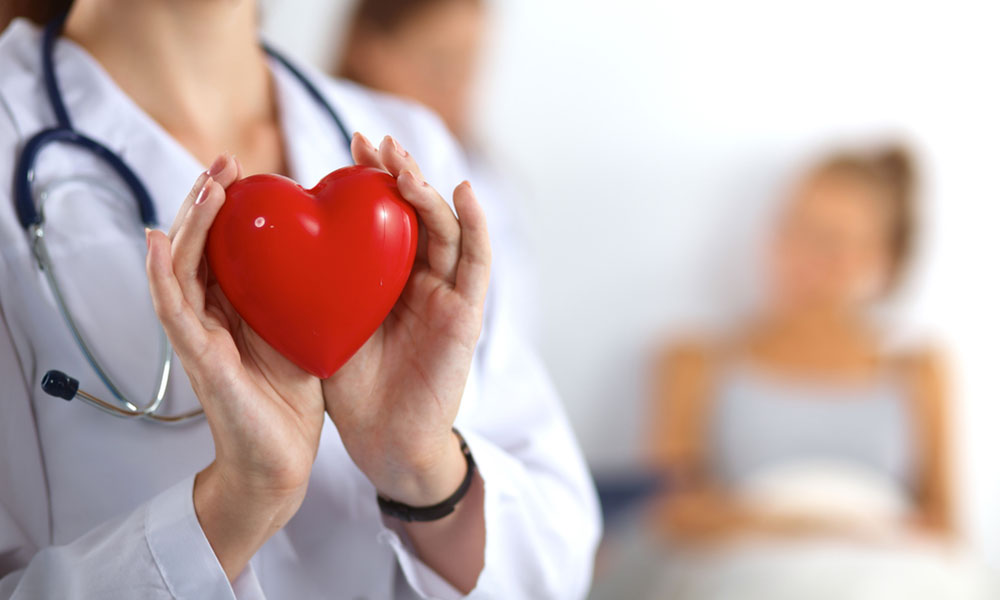Health Tips
Foods to Avoid With Heart Disease
If you have heart disease, then your doctor has probably already restricted your diet, but we are here to reiterate, and make sure you stay true to the game plan.
1. Anything Fried
This could probably be the toughest kind of food to avoid on this list, because as we all know, everything tastes better when fried right? This might be true, but it is definitely not healthy, and if you have heart disease, please avoid fried foods at all costs. These types of foods create trans fats, the type of fats that raise the bad cholesterol and lower the good one. This would include fried chicken, fried pickles, bacon, well you get the hint.
2. Anything with Saturated or Trans Fats
These two types of fats are known to cause increased cholesterol, and also increase the risk of a heart attack. Talk to your doctor about heart healthy oils like canola oil, or cooking without oil as an alternative.
3. Red Meat
This is another tough food to avoid for a lot of people, because it tastes so good. Red meats have more cholesterol and saturated fats in them that raise your blood cholesterol and make your heart disease worse. However, we suggest instead of eating red meat, try replacing your red meat with chicken, or a type of fish like salmon, or haddock.
4. Avoid Salt
Your doctor has probably already told you this too, but it is a great idea to really cut down on your sodium intake and avoid salt whenever possible. Salt causes your blood pressure to increase because it reduces the ability of your kidneys to remove excess water by putting extra strain on the blood vessels leading to the kidneys, the higher the blood pressure the more strain there is on your heart, arteries, kidneys and brain which can lead to heart attacks and stroke.
This article was wrote on behalf of National Wear Red Day which is February 3rd, and it is about raising the awareness about women and heart disease. Have a wonderful day, and stay safe!
HEALTH CARE DISCLAIMER: This site and its services do not constitute the practice of medical advice, diagnosis or treatment. Always talk to your health care provider for diagnosis and treatment, including your specific medical needs. If you have or suspect that you have a medical problem or condition, please contact a qualified health care professional immediately. If you are in the United States and experiencing a medical emergency, call 911 or call for emergency medical help immediately.



